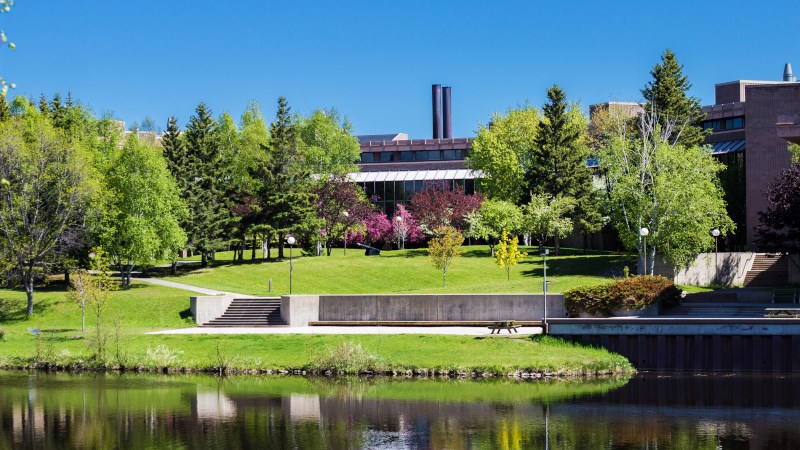THUNDER BAY — Three faculty members at Lakehead University have received more than $73,000 to conduct research related to the COVID-19 pandemic.
The money comes from the Social Sciences and Humanities Research Council of Canada.
Rebecca Schiff, associate professor and chair of Health Sciences, receives almost $25,000 to examine the challenges of addressing homelessness in rural and remote Canada during a pandemic.
According to an LU news release, until recently there was little acknowledgement that homelessness exists in remote locations.
But Schiff says emerging evidence shows the problem is at least equal to that of urban areas.
Rural communities, she said, are also more limited in their capacity to respond to pandemics.
"They are particularly vulnerable due to fewer healthcare and social service resources, scarcity of soup kitchens and food banks – the lack of which has been particularly evident during the COVID-19 pandemic and has significantly impacted their ability to respond to the needs of homeless people," Schiff said.
Kathy Kortes-Miller, assistant professor in social work, is getting $24,500 to explore the experience of family caregivers in long-term care during the pandemic.
"Our goal is to gain greater insight into the ways Ontario's caregivers are maintaining connections during this period of physical distancing," Kortes-Miller said.
The study team expects to develop recommendations informed by people who have been impacted by caregiving, isolation, grief and loss "that will directly address identified knowledge, system and policy gaps," she added.
A third grant goes to Karl Skogstad, assistant professor in economics, who wants to learn more about the economic impact of the pandemic on the economy of Ontario's northern regions.
Skogstad noted that communities such as Thunder Bay have benefited from their isolation by having proportionately fewer cases of the virus.
However, "despite this benefit, many province-wide policies have been enacted that do not take into account the unique circumstances of the North," he said.
Skogstad's research is aimed at determining whether "a custom-made recovery policy" for the region is advisable, and whether policies to deal with future pandemics should be tailor-made to account for the North's unique characteristics.
